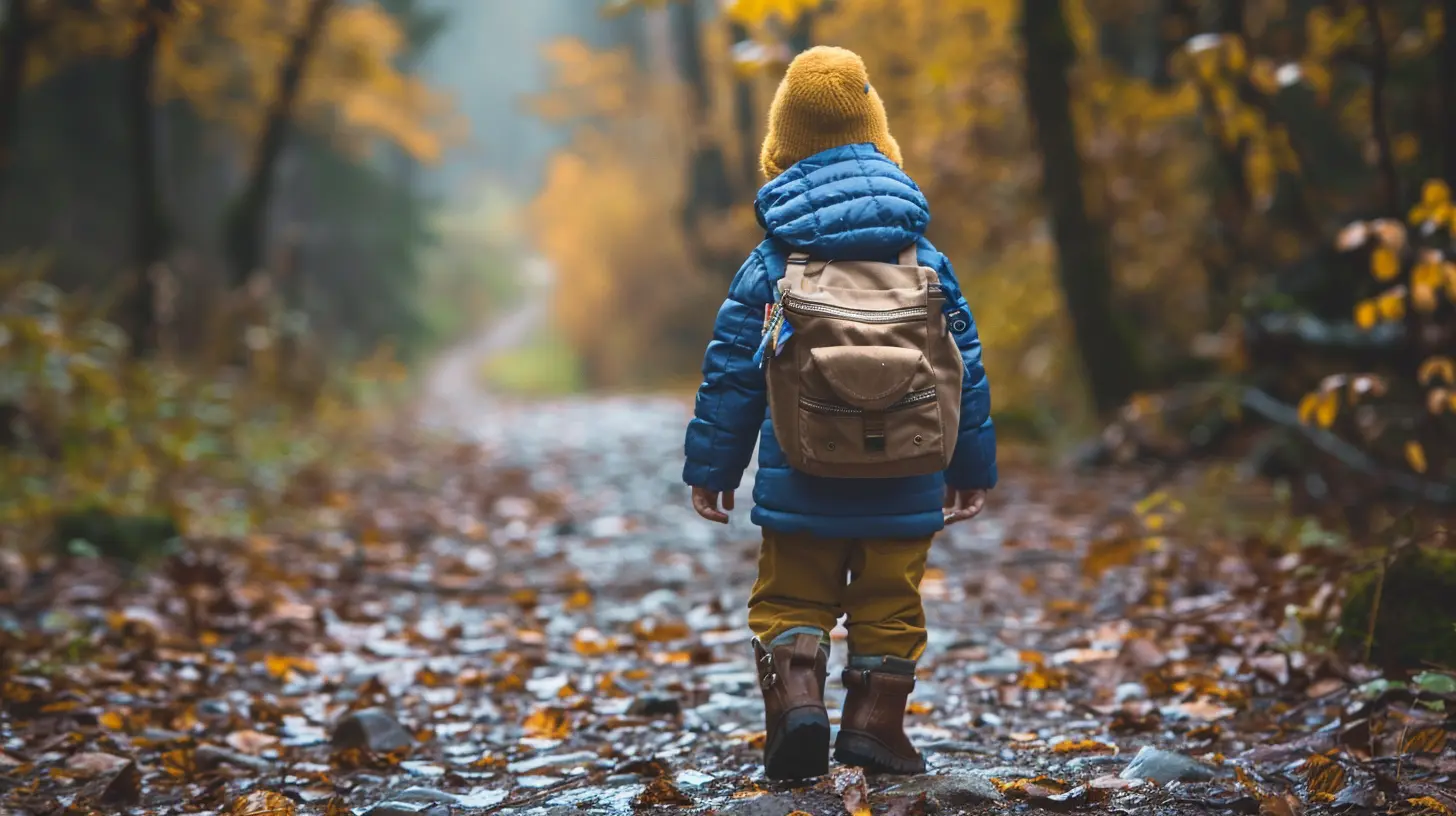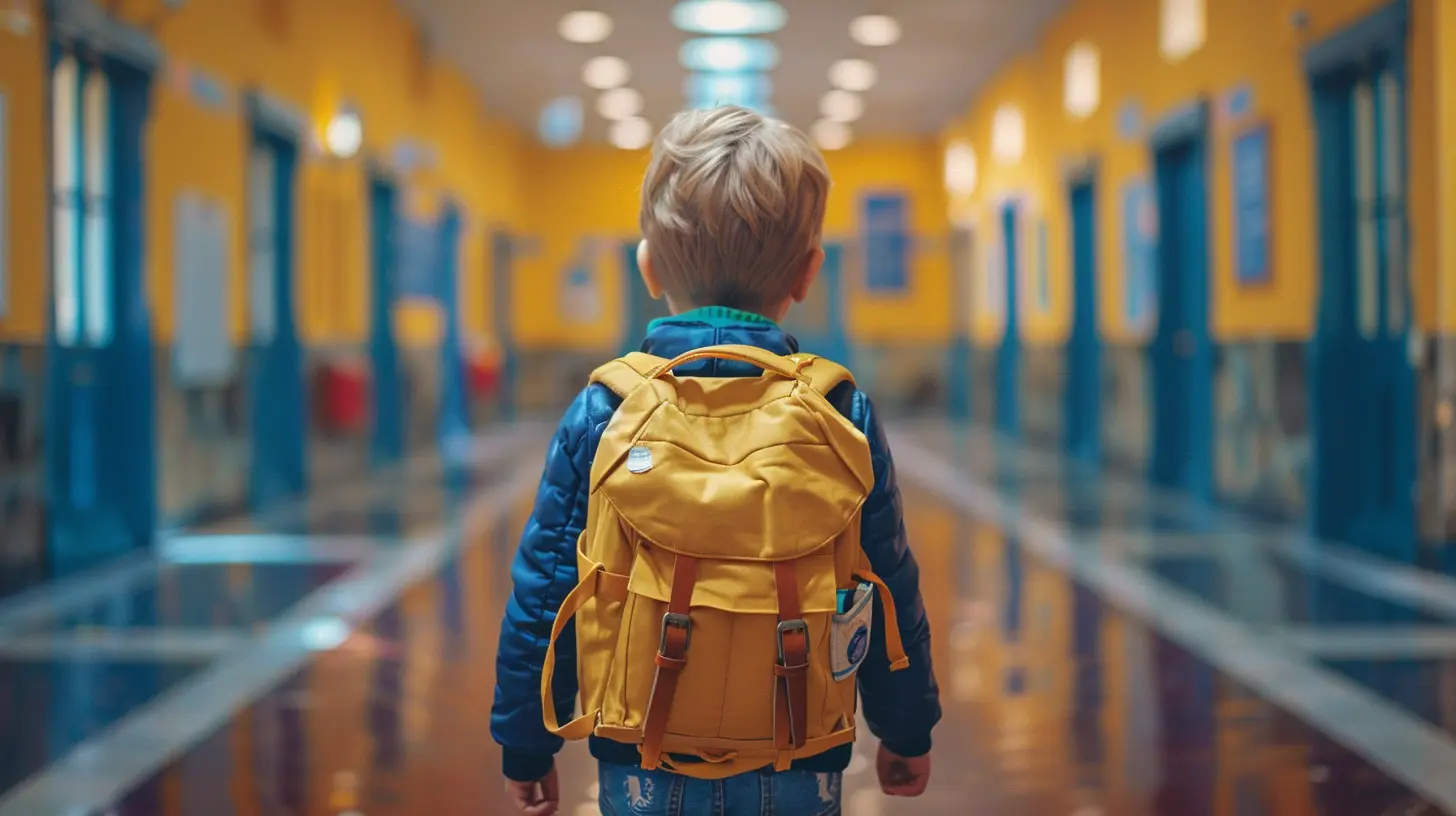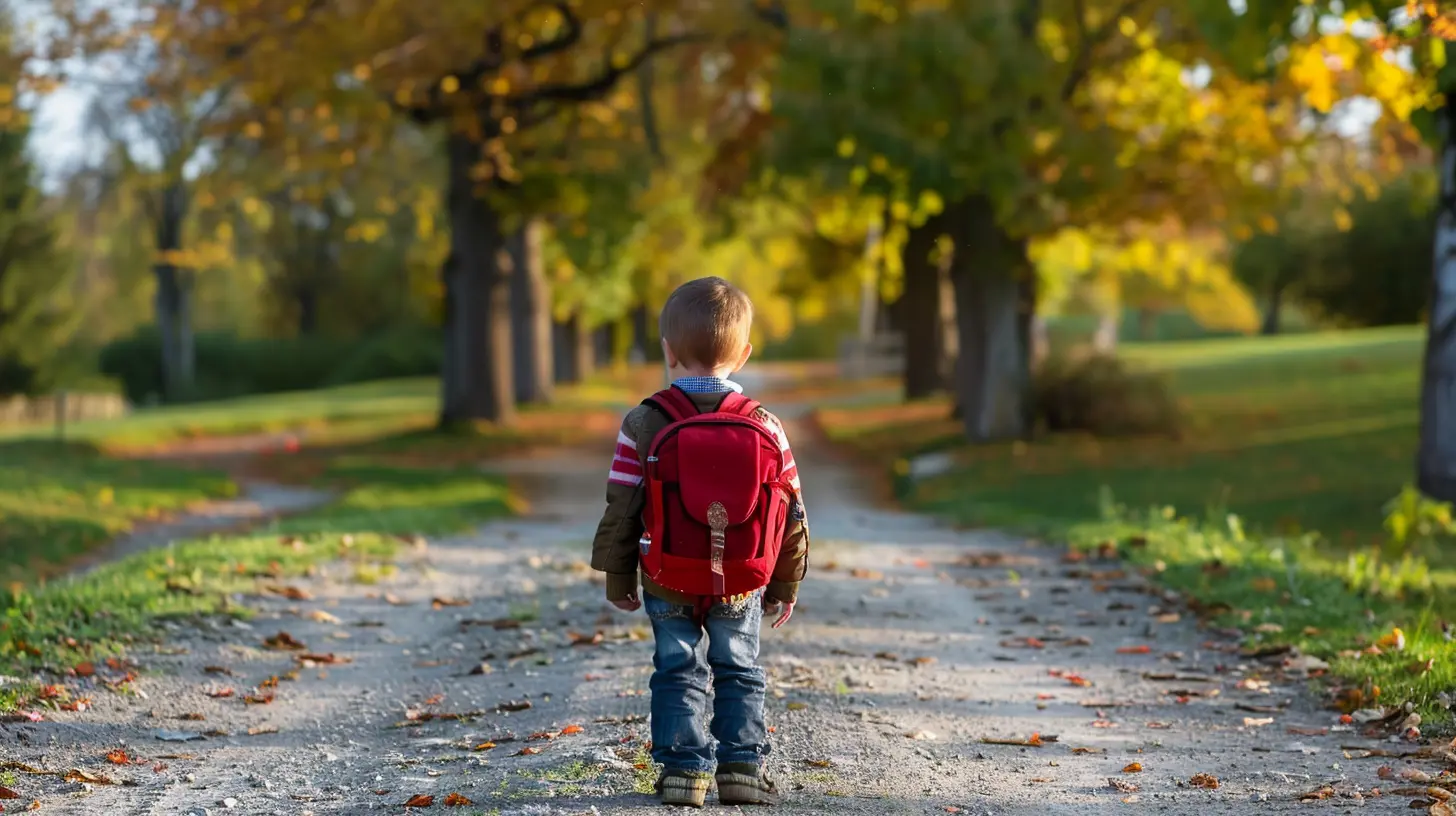How to Foster Independence Before Kindergarten Starts
14 September 2025
Starting kindergarten is a huge milestone—not just for your little one but for you, too! It’s the beginning of a new chapter filled with learning, friendships, and personal growth. But let’s be honest—kindergarten can feel like a big step for a child who’s used to having constant guidance. That’s why fostering independence before school starts is key.
The good news? You don’t have to make drastic changes overnight. Small, everyday moments can help your child gain confidence, learn responsibility, and feel more prepared for this next adventure.
Let’s dive into some simple yet powerful ways to encourage independence before kindergarten starts!

Why Is Independence Important for Kindergarten?
Before we jump into the how, let’s talk about the why. Independence isn’t just about your child doing things on their own—it’s about building life skills they’ll use forever.Here’s what independence helps with:
- Confidence: Being able to do things solo boosts self-esteem.
- Decision-Making Skills: Making small choices now sets the stage for bigger decisions later.
- Problem-Solving Abilities: Handling challenges without immediately asking for help builds resilience.
- Classroom Readiness: Teachers appreciate kids who can manage simple tasks by themselves.
So, how can you help your child embrace their independence before school starts? Let’s break it down.

1. Encourage Self-Help Skills
Think about all the little things you do for your child every day—getting dressed, pouring cereal, putting on shoes. These are perfect opportunities for them to practice independence!Dressing Themselves
Start with the basics: let your child pick out their clothes and put them on by themselves. Will their shirt be backward? Probably. Will their socks match? Maybe not. But that’s okay! The goal is to let them try.🔹 Pro Tip: Stick to easy-to-fasten clothes—elastic waistbands and Velcro shoes are lifesavers.
Handling Hygiene
Teach them simple routines like:- Brushing their teeth
- Washing their hands before meals
- Combing their hair
Not only does this build independence, but it also helps them get used to daily school routines.

2. Let Them Make Simple Choices
Giving kids the power to make small decisions boosts their confidence and teaches responsibility.- What to wear: Instead of choosing for them, offer two options.
- What to eat for a snack: Let them pick between two healthy choices.
- What book to read before bed: Giving choices makes them feel in control.
These little decisions prepare them for bigger ones down the road.

3. Teach Responsibility Through Chores
Yep, even 4- and 5-year-olds can (and should) have small household responsibilities. Not only does this teach responsibility, but it also boosts self-worth—kids love feeling like they’re contributing!Easy Chores for Preschoolers
- Putting toys away- Feeding a pet
- Setting the table
- Wiping up small spills
- Watering plants
Start small, and don’t expect perfection. The goal isn’t a spotless house—it’s to build lifelong habits.
4. Practice Problem-Solving
When your child faces a challenge, resist the urge to jump in immediately. Give them a moment to think through solutions on their own.- Can’t open their snack? Encourage them to try before stepping in.
- Lost a toy? Ask where they last saw it instead of searching yourself.
- Struggling with a puzzle? Suggest trying a different piece first.
These small problem-solving moments add up, helping them build resilience for the classroom.
5. Encourage Social Skills
Kindergarten isn’t just about ABCs and 123s—it’s also about navigating friendships and social situations.Help them practice by:
- Setting up playdates to encourage sharing and cooperation.
- Role-playing common school scenarios, like asking to join a game or taking turns.
- Teaching manners, like saying “please,” “thank you,” and “excuse me.”
Good social skills make kindergarten transitions much smoother!
6. Foster a Love for Learning
One of the best ways to set your child up for success? Make learning fun!- Encourage curiosity: Answer (or look up) their endless “why” questions.
- Read together daily: This builds language skills and a love for books.
- Play educational games: Simple board games teach patience, counting, and following rules.
When learning feels exciting, they’ll be eager to dive into school.
7. Practice Following Directions
Listening is a big part of kindergarten, and following directions is a skill kids can practice at home.Start with simple, fun activities:
- “Simon Says” to practice listening skills.
- Two-step instructions: (“Put your shoes on and grab your backpack.”)
- Cooking together: Simple steps like “stir the batter” or “pour the milk” are great practice.
The more they practice now, the easier it’ll be in the classroom.
8. Teach Time Management With Routines
A predictable routine helps kids understand what to expect and teaches them time management.Try a simple morning and evening schedule:
- Morning: Wake up, brush teeth, get dressed, eat breakfast
- Evening: Bath time, pajamas, bedtime story, lights out
Use a visual chart with pictures—kids love checking things off!
9. Encourage Independence at Mealtime
In kindergarten, kids will be expected to eat without much help. Give them a head start by:- Letting them open lunch containers on their own
- Using utensils instead of fingers
- Cleaning up after meals
Bonus? This makes mealtime easier for you, too!
10. Talk About Kindergarten Positively
If you’re feeling nervous about kindergarten, your child will pick up on it. Focus on the excitement:- Talk about the fun things they’ll do at school.
- Drive by the school and point out the playground.
- Read books about starting school to ease jitters.
A positive mindset makes all the difference!
Final Thoughts
Fostering independence before kindergarten sets the stage for a confident, capable, and excited learner. It’s not about making sure they do everything perfectly—it’s about progress, practice, and patience.And guess what? You’re doing amazing just by preparing them for this big step. So take a deep breath, enjoy these moments, and get ready for a fantastic kindergarten journey!
all images in this post were generated using AI tools
Category:
School ReadinessAuthor:

Noah Sawyer
Discussion
rate this article
1 comments
Cynthia Parker
This article offers fantastic insights! Fostering independence in young children is crucial for their confidence and success. Your tips are practical and encouraging, making it easier for parents to support their little ones as they prepare for kindergarten. Great job!
September 25, 2025 at 2:42 AM

Noah Sawyer
Thank you for your kind words! I'm glad you found the insights helpful for supporting children's independence.


